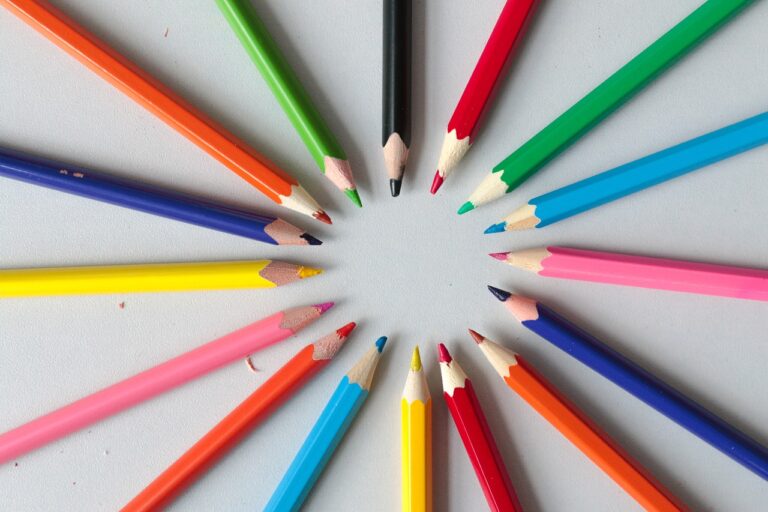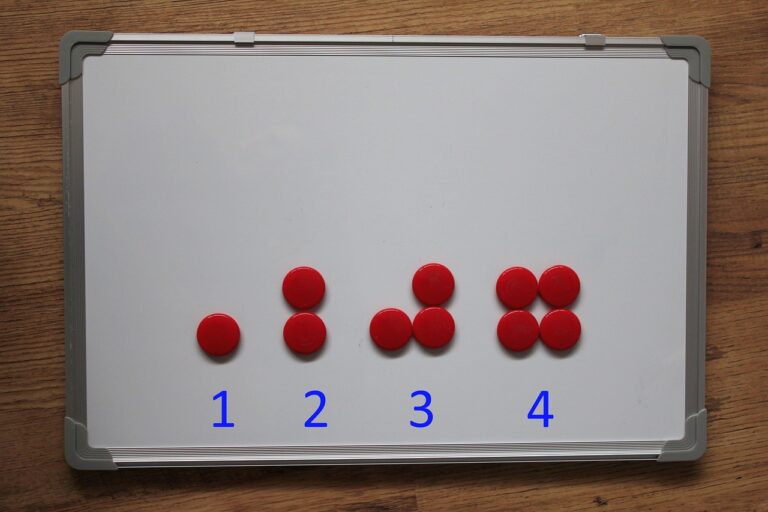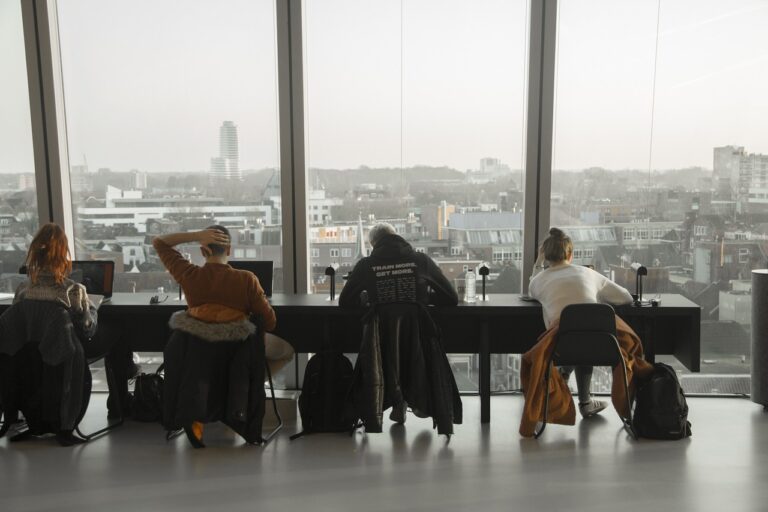Exploring the Impact of Social Media on Student Well-being
Social media platforms have become an integral part of the daily lives of students around the world. With the widespread availability of smartphones and internet access, students are easily drawn to these digital spaces to connect, share, and engage with peers. The allure of social media lies in its ability to provide instant communication, entertainment, and a sense of belonging, making it a preferred avenue for staying connected with friends and the world at large.
The popularity of social media platforms among students continues to soar, with various platforms catering to different needs and preferences. From sharing photos and videos on Instagram to exchanging messages on WhatsApp or Snapchat, the choices are vast and ever-evolving. Students utilize social media not only for socializing but also for networking, learning, and keeping up to date with current events, creating a digital ecosystem that is constantly buzzing with activity and interactions.
Understanding the Connection Between Social Media Use and Mental Health
Recent studies have highlighted the potential impact of excessive social media use on mental health among students. Research suggests that individuals who spend significant amounts of time on social media platforms may experience higher levels of anxiety, depression, and feelings of loneliness. The constant comparison with others and fear of missing out (FOMO) that social media can create have been linked to declining mental well-being among young adults.
Moreover, the role of social media in exacerbating existing mental health issues cannot be overlooked. For individuals already struggling with mental health conditions, such as depression or anxiety, the use of social media may amplify negative emotions and feelings of inadequacy. The constant exposure to idealized images and lifestyles on social media can contribute to low self-esteem and a distorted perception of reality, further impacting one’s mental health.
The Influence of Social Media on Academic Performance
Social media has become an integral part of students’ daily lives, with platforms like Facebook, Instagram, and Twitter being used for socializing, networking, and entertainment. However, the impact of excessive social media use on academic performance is a topic of concern for educators and parents alike.
Research has shown that spending a significant amount of time on social media can lead to distractions, procrastination, and a decrease in overall productivity. With easy access to endless scrolling and notifications, students may find it challenging to focus on their studies and complete their assignments in a timely manner.





